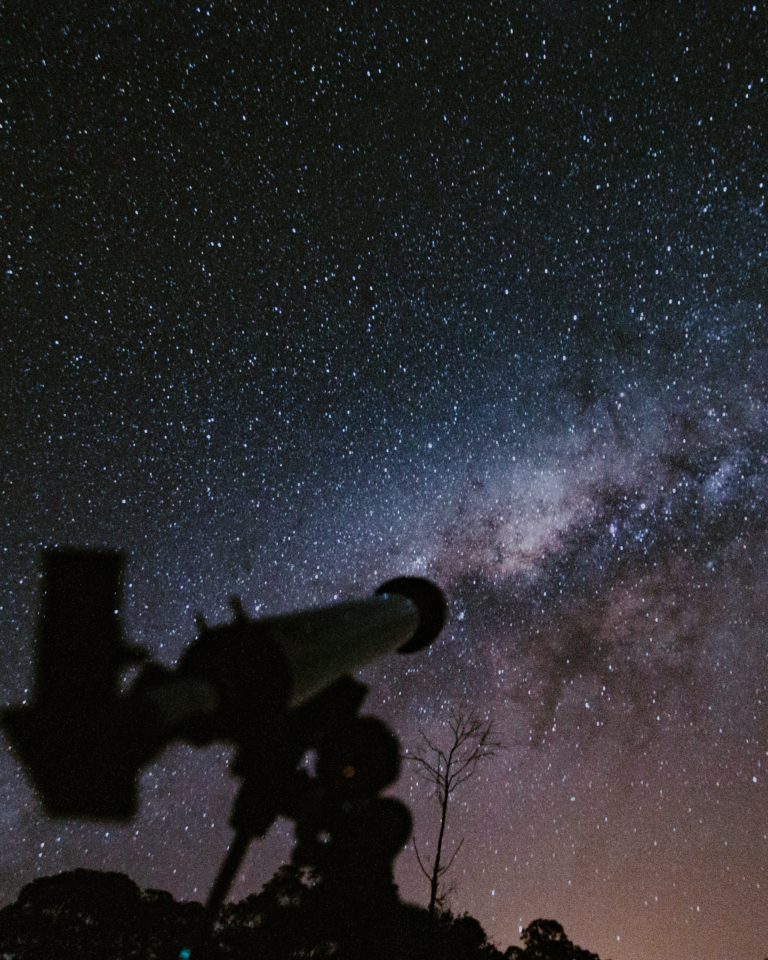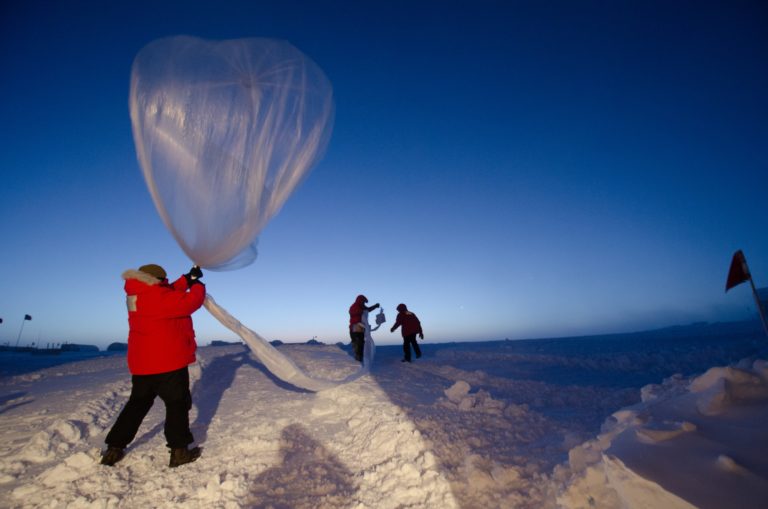In STEM, astronomy is a science that seeks to explain everything that we observe in the universe, from the comets and planets in our own solar system to distant galaxies to the echoes of the Big Bang. By studying the cosmos beyond our own planet, we can understand where we came from, where we are going, and how physics works under conditions which are impossible to recreate on Earth.
Astronomy is the study of everything in the universe beyond Earth’s atmosphere. That includes objects we can see with our naked eyes, like the Sun, the Moon, the planets, and the stars. It also includes objects we can only see with telescopes or other instruments, like faraway galaxies and tiny particles.
Astronomy is a natural science that studies celestial objects and phenomena. It uses mathematics, physics, and chemistry in order to explain their origin and evolution.

Education Requirements
Doctoral degree
Average Salary
$115k
Astronomers study, observe, and research astronomical phenomena. Oftentimes they use sophisticated equipment and instruments to make observations. Astronomers need to have a good understand of physics, mathematics, and technology.

Education Requirements
Master's degree
Average Salary
$125K
Astronauts are the most well known figures in the space sector. They are the people who actually go into space, conduct experiments on space stations like the ISS, and pilot spacecraft like the Space Shuttle. Not only are astronauts responsible for fulfilling the terms, or purpose of the mission, but they are also responsible for ensuring safety of the spacecraft and the crew. They help each member of their crew maintain normal functions and stay safe while working through missions. In order

Education Requirements
Bachelor's degree
Average Salary
$90K
Astrobiology is the study of the origins, evolution, distribution, and future of life in the universe. This interdisciplinary field requires a comprehensive, integrated understanding of biological, planetary, and cosmic phenomena. Prospective candidates in the field will need at least a bachelor's degree for entry-level positions. There are not many educational institutions that offer astrobiology degrees, so students will want to pursue degrees in astronomy, geology, chemistry, or related fields.

Education Requirements
Bachelor's Degree and 2 years post training
Average Salary
$84K
A planetarium director or manager is responsible for overseeing planetarium operations. Job duties include creating the annual budget, recruiting and traiing, acquiring and producing planetarium productions, facility maintenance, scheduling and developing programs, and maintaining records and memberrships.

Education Requirements
Bachelor's degree
Average Salary
$85K
Meteorologist, or atmospheric scientists, study weather conditions and forecast weather changes. By analyzing weather maps covering large geographic areas and related charts, like upper-air maps and soundings, they can predict the movement of fronts, precipitation, and pressure areas.

Education Requirements
Bachelor's, Masters, PhD
Average Salary
$52K
Climatology is the study of the atmosphere and weather patterns over time. This field of science focuses on recording and analyzing weather patterns throughout the world and understanding the atmospheric conditions that cause them. Scientist who specialize in this field are called climatologists.

Education Requirements
Master's degree
Average Salary
$86K
An Astrophysicist uses physics, mathematics, and computing knowledge to investigate the formation of stars, planets, and galaxies. Astrophysicist studies astronomical events and celestial bodies to learn more about the universe and how it was formed, from either an observational or theoretical standpoint. You need at least a master's degree to become an astrophysicist, though many employers require a doctoral degree. Students can expect to take courses in engineering, physics, astronomy and other science courses. Students need to first complete a bachelor's degree with a major in astrophysics or a similar field.
Career salary data provided by: U.S. Bureau of Labor Statistics Occupational Outlook handbook and O*NET OnLine.